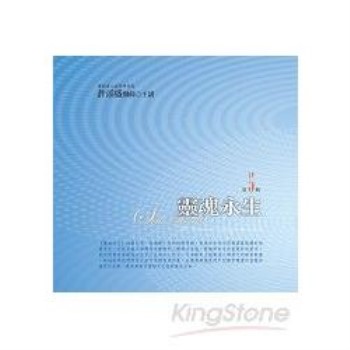The exceptional properties of carbon nanotubes (CNTs), including their high mechanical strength, electron mobility, and thermal conductivity, make them promising candidates for various applications. One possible application is the sensing of nitrogen dioxide (NO2), a toxic pollutant with significant implications for air quality monitoring, pollution control, and medical applications. Existing sensor technologies often fail to meet the stringent requirements for power consumption, shelf life, readout speed, and limit of detection (LOD) necessary for mobile applications. CNT-based gas sensors offer substantial potential to address these limitations, yet several challenges must be overcome to utilize their full potential. One major technological hurdle is the high-volume fabrication of CNT devices, in particular that of suspended CNT devices, which demonstrate several advantages as sensors. This thesis presents an approach to address this challenge, focusing on the scalable batch growth of suspended CNTs and their automated assembly into functional devices. Through systematic multi-parameter optimization and the development of large-scale growth substrates, the optimal growth conditions for CNTs were identified, leading to a significant increase in the number of individual CNTs available for device integration. An automated nanoassembly machine was employed to transfer pre-selected CNTs from growth substrates to device substrates. The process flow designed around automated robotic assembly demonstrates a production rate - mechanical transfer rate for carbon nanotubes - of approximately 46 CNTs per hour, with a 70 % yield of electrically active devices. The assembled devices were characterizedelectrically to understand the performance of devices fabricated by this method.
| FindBook |
有 1 項符合
Fabrication and Operation of Fast, Ultra-low-power Gas Sensors with Carbon Nanotubes的圖書 |
 |
Fabrication and Operation of Fast, Ultra-low-power Gas Sensors with Carbon Nanotubes 作者:Jung 出版社:Hartung & Gorre 出版日期:2024-12-19 語言:英文 規格:平裝 / 216頁 / 24.41 x 16.99 x 1.17 cm / 普通級/ 初版 |
| 圖書館借閱 |
| 國家圖書館 | 全國圖書書目資訊網 | 國立公共資訊圖書館 | 電子書服務平台 | MetaCat 跨館整合查詢 |
| 臺北市立圖書館 | 新北市立圖書館 | 基隆市公共圖書館 | 桃園市立圖書館 | 新竹縣公共圖書館 |
| 苗栗縣立圖書館 | 臺中市立圖書館 | 彰化縣公共圖書館 | 南投縣文化局 | 雲林縣公共圖書館 |
| 嘉義縣圖書館 | 臺南市立圖書館 | 高雄市立圖書館 | 屏東縣公共圖書館 | 宜蘭縣公共圖書館 |
| 花蓮縣文化局 | 臺東縣文化處 |
|
|
圖書介紹 - 資料來源:博客來 評分:
圖書名稱:Fabrication and Operation of Fast, Ultra-low-power Gas Sensors with Carbon Nanotubes
|










